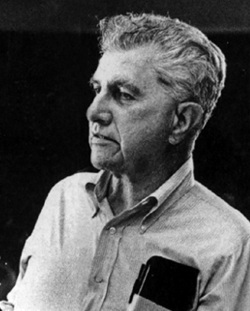A Quote by Bill Belichick
All sources are not equal. When you get information, you take the information, you evaluate it, and you do the best you can with it. So, there's a variance in the quality and the amount of the information. It's a case-by-case basis. Each one's different. There's no set formulas.
Related Quotes
Normally if you add information to information, you have more information. In case of my art, I destroy information, I would say, because the image is disturbed by the writings. In a way, they become pure imagery. For me it's really fun because it's an idealistic approach to images, to just play around with information and see what's happening.
In the case of health information, I spent twenty-five years practicing medicine, and I was all too familiar with the fact that information wasn't properly shared, so I wouldn't know exactly what was in the hospital records; patients would be lost. Computerization gives the opportunity to actually get the information much better.
We believe that we live in the 'age of information,' that there has been an information 'explosion,' an information 'revolution.' While in a certain narrow sense this is the case, in many important ways just the opposite is true. We also live at a moment of deep ignorance, when vital knowledge that humans have always possessed about who we are and where we live seems beyond our reach. An Unenlightenment. An age of missing information.
The UN stopped using Chalabi's information as a basis for conducting inspections once the tenuous nature of his sources and his dubious motivations became clear. Unfortunately, the same cannot be said for the mainstream US media, which give prominent coverage to sources of information that, had they not been related to Hussein's Iraq, would normally be immediately dismissed.
Well, there's a question as to what sort of information is important in the world, what sort of information can achieve reform. And there's a lot of information. So information that organizations are spending economic effort into concealing, that's a really good signal that when the information gets out, there's a hope of it doing some good.



































